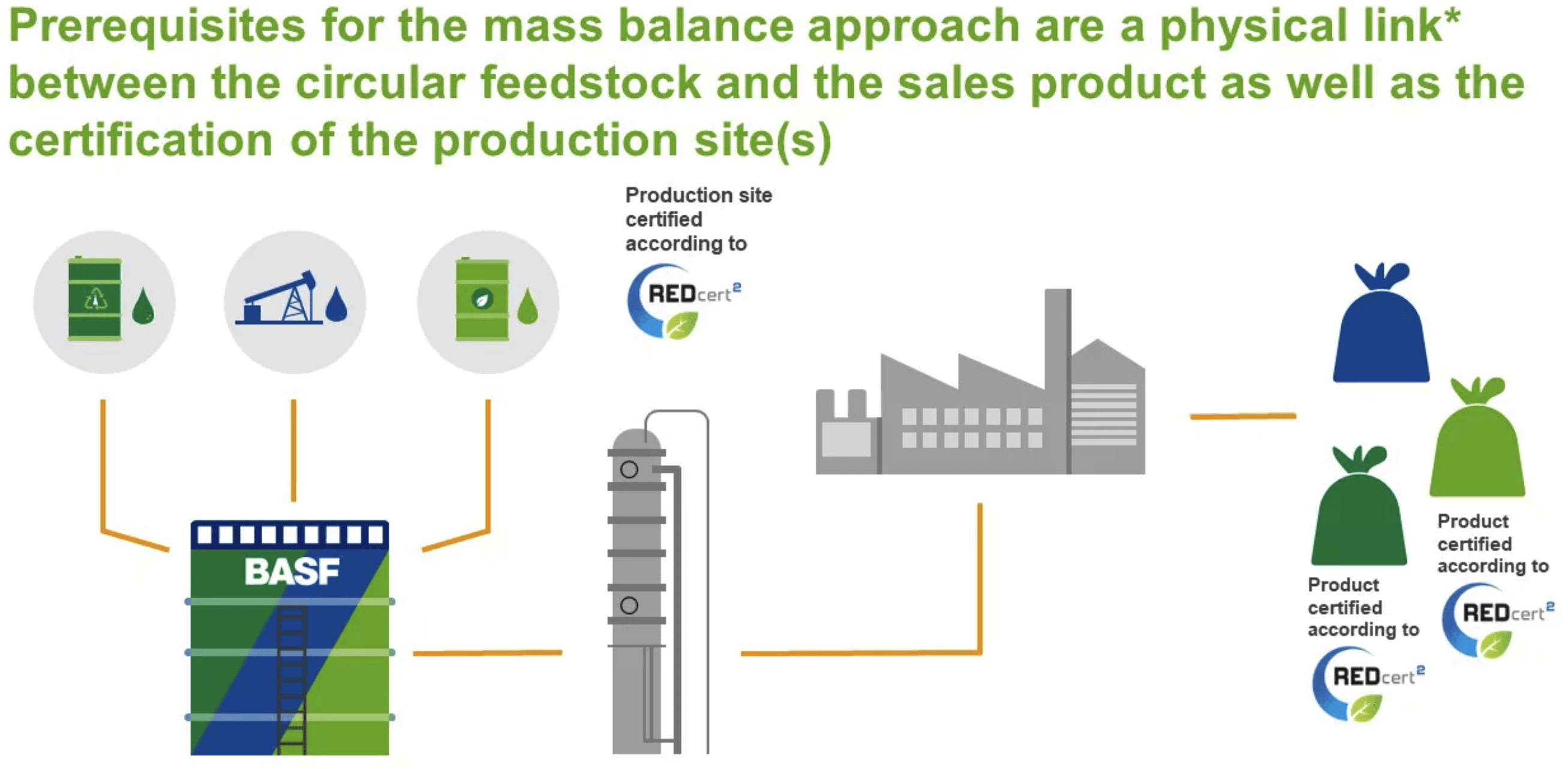Climate change and its effects are rapidly becoming one of the greatest challenges for every segment of our society. Current assessments of the present situation point out these realities:
- Continued emission of greenhouse gases will cause further warming and long-lasting changes in all components of the climate system.
- Limiting global warming requires a significant reduction of global greenhouse gas emissions.
- All options have to be considered to limit warming to well below 2°C above pre-industrial levels, e.g. improvement of energy efficiency, renewable energy sources, and others.
- The implementation of respective measures involves substantial technological, economic, social and institutional challenges.
In response to this challenge, BASF has expanded its portfolio of sustainable methylene diphenyl diisocyanates (MDI) with Lupranate® ZERO M70 (Zero Emission, Renewable Origin), Lupranate M70 R/MB (Mass Balance) and Lupranate M20 R/MB (Mass Balance).
- Lupranate ZERO has an accounting Cradle-to-Gate, Product Carbon Footprint (PCF) of ZERO; this means that on its way until it leaves the factory gate for the customer – all product-related greenhouse gas emissions and the biobased carbon bound in the product taken together – it does not carry a CO2 “backpack”. Renewable raw materials are used at the beginning of the chemical production chain and allocated via a mass balance process. In addition, renewable energies are used for the manufacturing process with green energy certificates (e.g. Renewable Energy Certificates).
- Lupranante M70 R/MB is essentially the same product as Lupranate M70 but feedstocks are derived from biomass waste from agricultural production, crop or foodstuff processing, or residues, providing a significant less carbon footprint (REDCERT certified sustainable product)
- Lupranate M20 R/MB is essentially the same product as Lupranate M20 but feedstocks are derived from biomass waste from agricultural production, crop or foodstuff processing, or residues, providing a significant less carbon footprint (REDCERT certified sustainable product)
How are these sustainable products manufactured?

*connection can be plants, between plants and sites via pipelines, trucks, trains, etc.
This video explains the mass balance approach in more detail:
Have Questions? We’re here to help!

